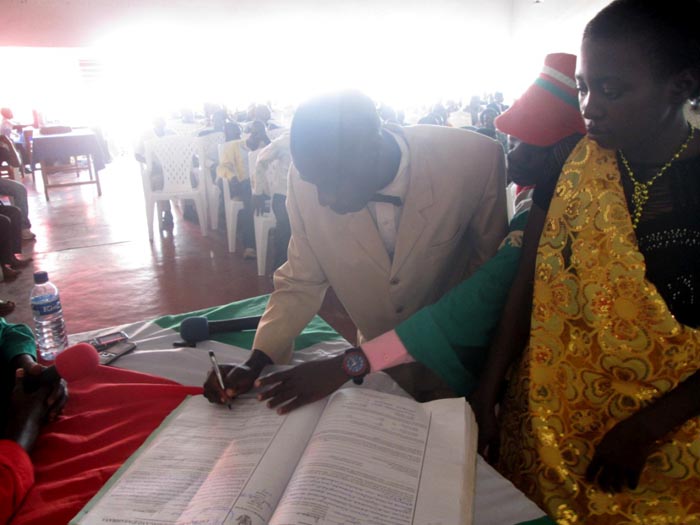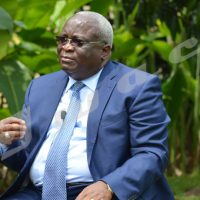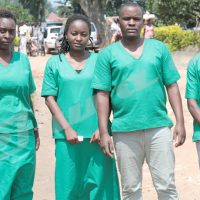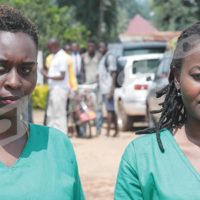Post- conflict countries have to reconstruct the social structure destroyed by war and conflict. The scattered families and destroyed social context leads to specific psychosocial and mental health problems. HealthNet TPO usessocio therapy to teach people in Burundi about the importance of community participation and interpersonal skills.-By J.Berchmans Siboniyo
J.MarieNahayo, from Cibitoke province, benefited from socio therapy. He says that the life he led from his childhood made him an easily-irritated and harsh man. “I was born in a poor family. My mother took care of me with the meager resources we had. After primary school, I began my secondary studies which were hampered by poverty and civil war. I joined the rebellion and fought against the national army. The life I led there contributed to my bad temper. I left the rebellion and started to live together with my wife, without officially marrying her. I was very harsh to my wife. If she asked for soap or salt, it was her time to be bitterly beaten. She gave birth to children but I could not make them registered. With ‘Birashoboka’ project through ‘Mvurankuvure’ (Heal me and I will heal you), I learned that I was an unbearable husband and realized that I had been disturbing both my household and the neighborhood. The help I got from the socio-therapy is manifest and profitable for our neighbors and relatives. We are now a good example to imitate in marital relations restorations and peacemaking.”
J.BaptisteNiyongabo, his facilitator validates his experience. He indicates that the couple is now enjoying a peaceful life. They start their new life together by finally registered their marriage. Through its project ‘Birashoboka’ (It is possible), HealthNet TPO, a Dutch non-governmental organization is helping Burundian couples deal with issues around sexual and reproductive health. This is one of areas that generally suffer during conflict when social cohesion is low and trust among community members almost non-existent. The program includes family planning, sexual and reproductive health services foryouthand support- and care systems for survivors of sexual and health rights violations and marital challenges. HealthNet TPO identifies families with specific problemsand invitesthem to attend socio-therapy sessions. So far 14 groups of around 20people have followed the program. The couples meet for a two hour session each week for fifteenweeks. They relate their problems to other couples, who then share with them their solution for fixing the problem.
GervaisBarampema from Gihanga commune in Bubanza province states that he was at loggerheads with his wife before he attended the sessions. “My wife was very uncooperative. I would make plans and she would make her own. She was very talkative and could not keep family secrets. After the socio therapy, it is much better. I really appreciate the conducive environment we live in now.”His wife acknowledges that she did not always consent to his wishes. By spilling family secrets, she was letting people know that she was not happy in her relationship. Even after the closing ceremony, her husband made another mistake, she says, although not disclosing what it was. “But now we can resolve our issues in a responsible manner”, she says.
Some three hundred people have completed their therapy. The program is being implemented in three targeted provinces (Bujumbura, Bubanza and Cibitoke).The beneficiaries ask HealthNet TPO to spread the project throughout all the country. They strongly believe that the problems they went through are common to many people in the country.



















 IWACU Open Data
IWACU Open Data

